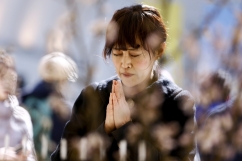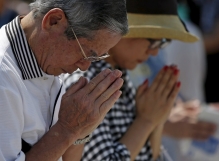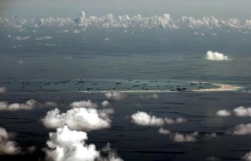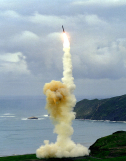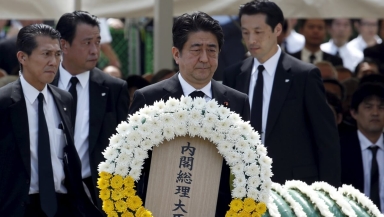
Japanese Prime Minister Shinzo Abe will include the words "apology" and "aggression" in his statement marking the 70th anniversary of World War Two's end, NHK public TV said, an apparent nod to critics who fear he will dilute past apologies.
An initial draft did not include the word "apology", some media reports had said, which would probably anger China and South Korea where bitter memories of Japan's sometimes brutal past occupation and colonialisation run deep.
Abe is juggling conflicting priorities in crafting the statement, expected to be approved by his cabinet one day before the August 15 anniversary. He needs to satisfy the desire of its close ally, the United States, to ease tensions in East Asia.
He also wants to keep an incipient thaw in ties with rival China on track as he eyes a summit with Chinese President Xi Jinping that one close aide said was likely in September.
However, the conservative Abe's core supporters want to end what they see as a humiliating cycle of apologies they say distract from Japan's seven decades of post-war peace.
Abe has said he will uphold past statements about the war, including then-premier Tomiichi Murayama's 1995 landmark "heartfelt apology" for Japan's aggression and colonialism. But his previous remarks and stated desire to look to the future have raised concerns he wants to water down those apologies.
NHK said a draft of Abe's statement would refer specifically to the Murayama Statement's key phrases "apology", "deep remorse", "aggression" and "colonial rule", but the broadcaster did not elaborate on the phrasing.
"While it appears that Abe is considering the inclusion of such key words ... in an attempt to pre-empt criticism both at home and from overseas, it seems possible, perhaps even probable, that he will significantly alter the context in which these words are used from the Murayama statement," said Sophia University political science professor Koichi Nakano.
"He might thus try to satisfy both his revisionist base and critics, but he might also simply anger both."
Doubts persist over how Abe will refer to Japan's wartime military aggression, a term he has questioned in the past.
In a report last week, his advisers referred to Japan's "aggression" in China after 1931, although two dissenters objected to the term, citing a lack of definition in international law and a reluctance to single out Japan when other nations had engaged in similar acts.










